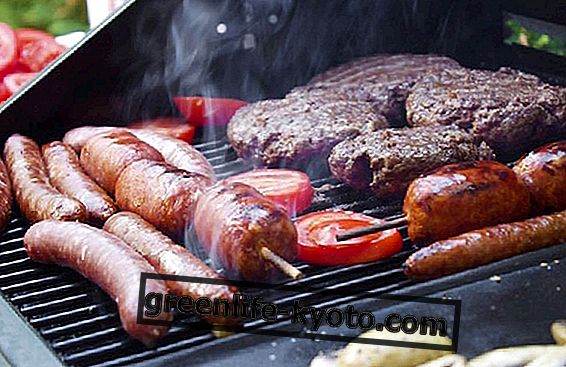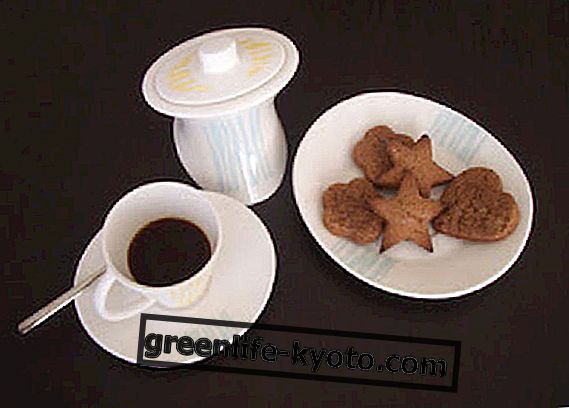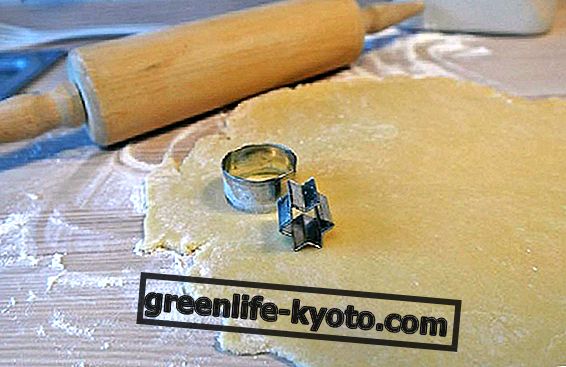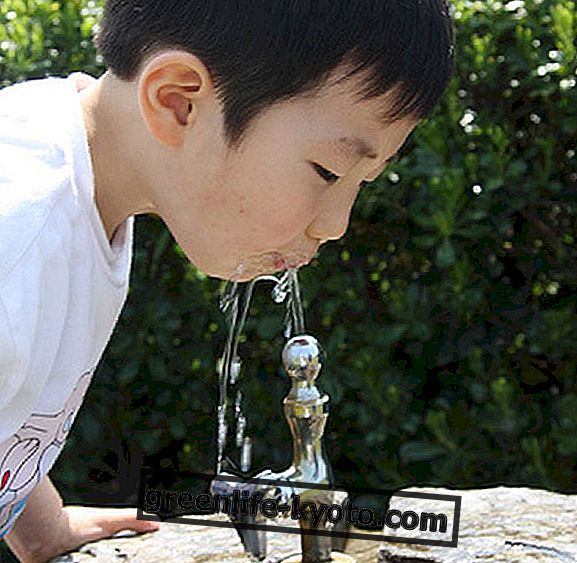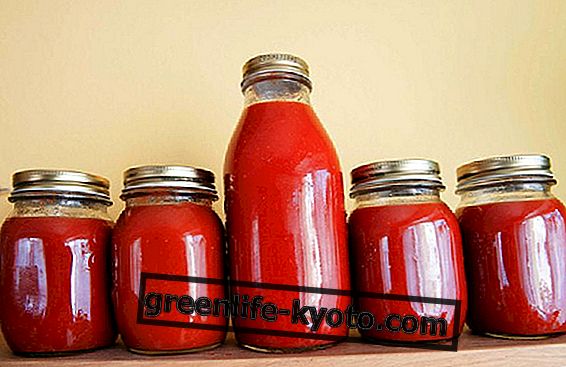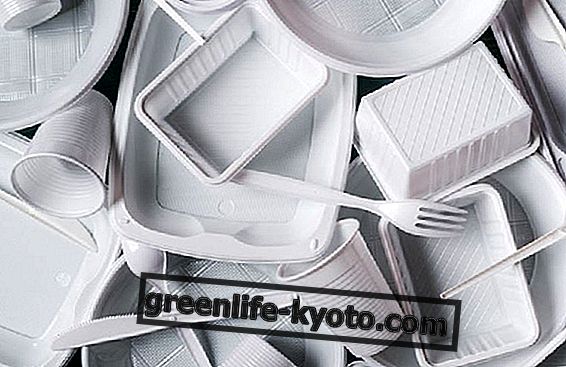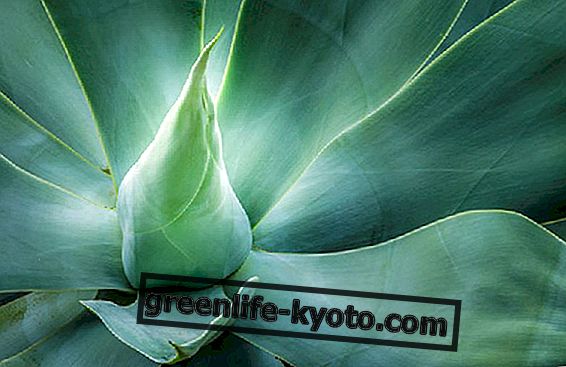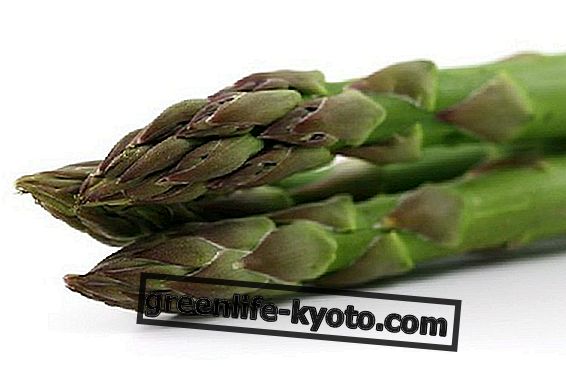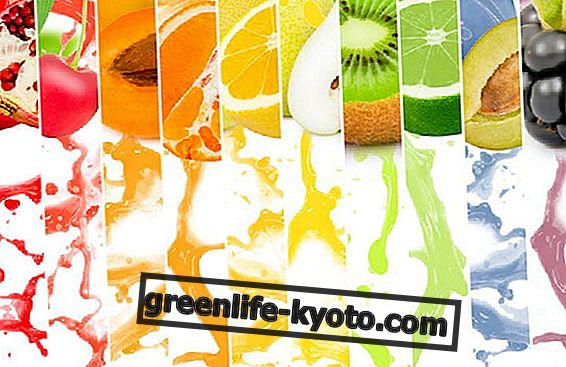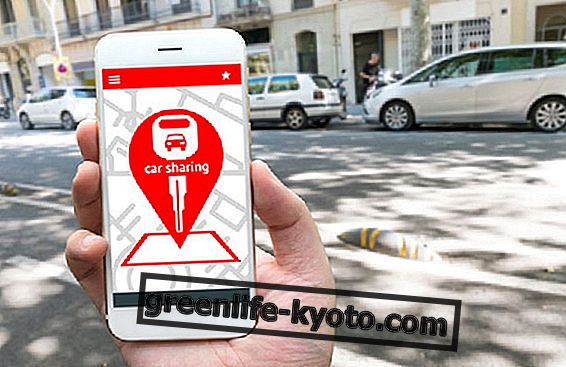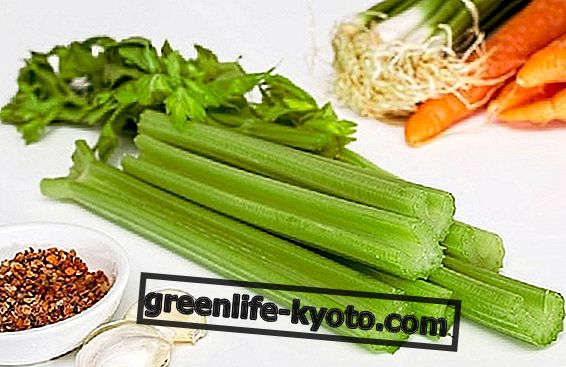
"Tomorrow" is already here
We do not continue to criticize what is wrong, but we exalt, we carry on, we give strength to what is already working, this is the point. If showing real solutions, telling one or more stories that do good, was the best way to solve the ecological, economic and social crises that our country is going through?
Following a publication that would announce a possible disappearance of humanity from now until 2100, Cyril Dion and Mélanie Laurent left, with a team of 4 people, to make a documentary inquiry to the four corners of the planet in order to understand what it could cause this catastrophe and above all how it can be avoided.
The title of this work, "Demain", or "Tomorrow", wants to send a very strong message: "It's not too late, but you have to move, NOW." During their journey, Cyril and Mélanie have indeed met the pioneers who have reinvented agriculture, energy, economy, democracy and education.
By putting all these positive and concrete initiatives that already work together, we begin to see what the world could be - beautiful and rich - of tomorrow.
Urban farming and agro-ecology
As scholars and experts have already pointed out, this is a crucial era for all humanity . Tony Barnosky paleontologist highlights the impressive speed of change, which brings with it the extinction of animal species, - "we have about 20 years to decide to move in the right direction, " he comments in the documentary - while fellow biologist Liz Hadly highlights the temperature changes and climatic upheavals we have been facing for some time.
Both are coordinators of a 2012 study published in the journal Nature.
First fundamental point on which the accent is placed: food and how to get it . Significant examples highlighted in "Demain" are those of the English Todmorden, an English citizen who, from an initiative of only two people, has come to cultivate edible plants and herbs and available to everyone in every urban corner. Other significant movements are " Keep Growing " or " D-Town farm " in Detroit, examples of urban free agriculture.
In this city there are in fact around 1000 companies that deal with urban agriculture and believe in an alternative food economy project.
The other example reported is in Normandy, in particular how it is possible to feed and cultivate without the use of oil. Going back in fact, learning to work as it was before the mechanization of agriculture, implementing the knowledge of permaculture, knowing the basic principles of cultivation and learning the importance of the interaction between one plant and another.
Yes, because knowing also means being able to produce one's own food .
The power to choose
If the solution is therefore these urban micro-farms, if the agro-ecology and permaculture seem to lead us in the right direction, why are they not put into practice everywhere? What prevents governments from doing so?
Large companies are still opposed to this process. A striking example, however, leads to a profound reflection: if the tam-tam on palm oil has led so many companies to eliminate it in their products, because this is what consumers wanted, it would not be equally possible to change this process and just as quickly if all of us needed it at companies that choose not to use fossil fuels, for example?
As stated by the economist Jeremy Rifkin, president of the foundation for economic trends, we would find ourselves on the threshold of a new extinction.
Significant examples on the reduction of coal are in Copenhagen and Iceland. In particular, the first is a city that aims to centralize and start again instead of individualizing consumption, considering it a way of investing in the future. Here as many as 67% of people do not use the car, preferring public transport, the bike or feet! With the full knowledge of the fact that it is also the lack of movement that generates health problems.
Here everything is designed to make people move around without using the car, from trains to boats, cycling is possible everywhere.
" Zero waste " is a project that is working in San Francisco . More than 80% of the waste is recycled here. In particular, the video shows how a rich and totally natural organic compost is made that is excellent for soil and for farmers.
Consume less and live better
You can consume less and live better : what's the meaning of video screens in the subway, for example? What is the point in having one person use a car when it is meant for four?
What is the real effective economic solution in the end? According to the experts interviewed, it resides in the raw material itself, which must not be produced ex novo, but recovered from the "waste of the 20th century" (Emmanuel Druon, Pgg of Pocheco, a circular economy laboratory made from an old packaging company).
The solution could also be that of complementary currency, or a school that really helps children to be independent, like the Finnish one, which not only teaches history and mathematics, but also teaches how to knit, work with wood, cook, to play, to draw and to clean.
In fact, there are in the world more than 1200 "transition cities", more than 800 "incredibly edible" groups, thousands of urban farms, 4, 000 complementary coins, a 100% organic country - Butan -, other countries soon autonomous as far as it's about renewable energy - like Cape Verde -, a 19-year-old boy who invented a car to clean the oceans, engineers who invented compressed-air engines, millions of people who share rather than buy, houses that produce more energy than they do they consume, millions of other people planting trees.
